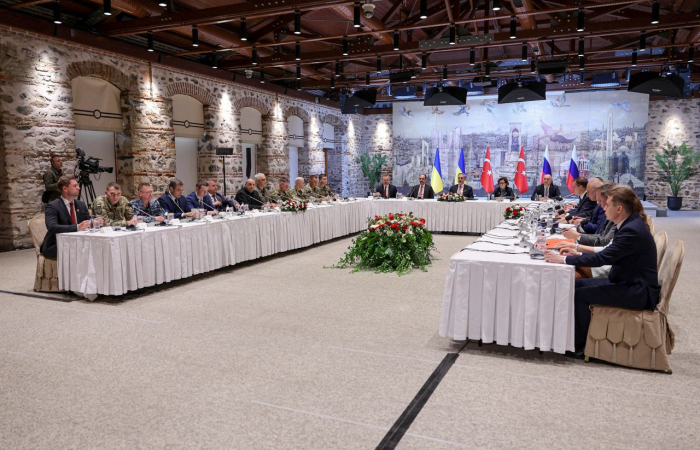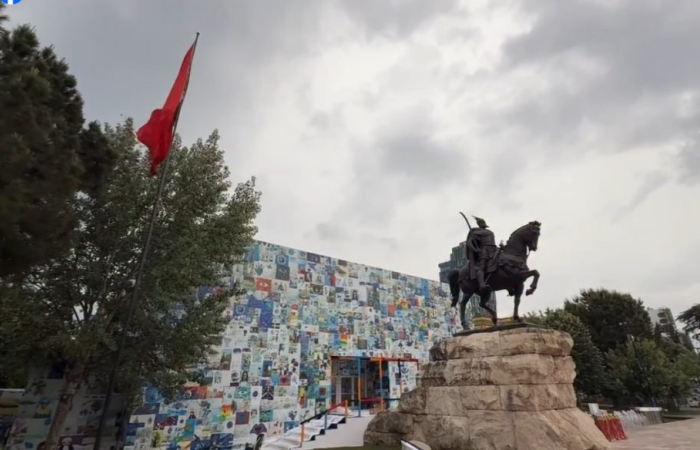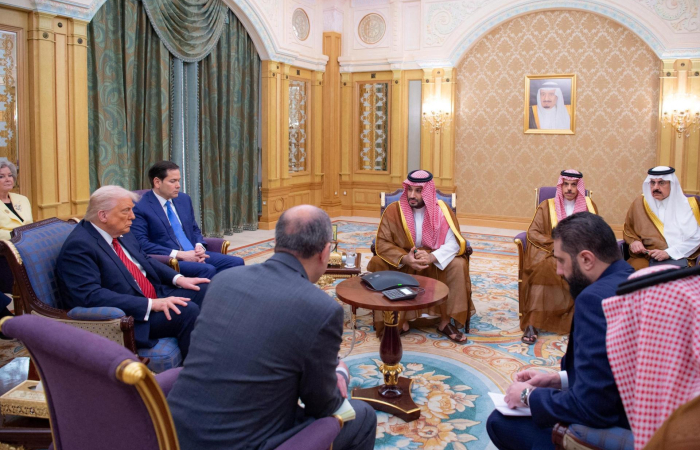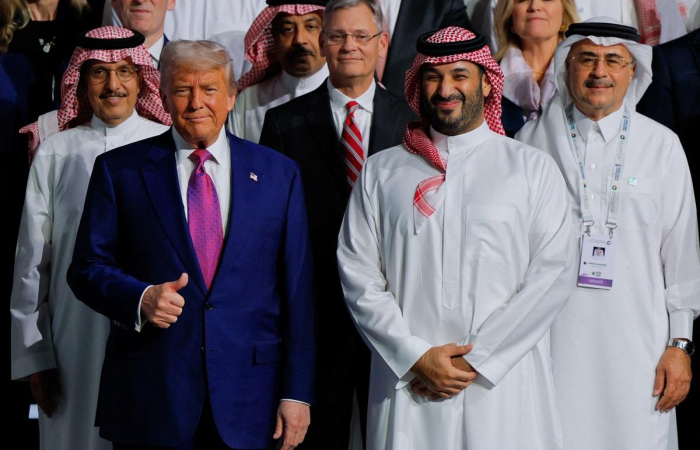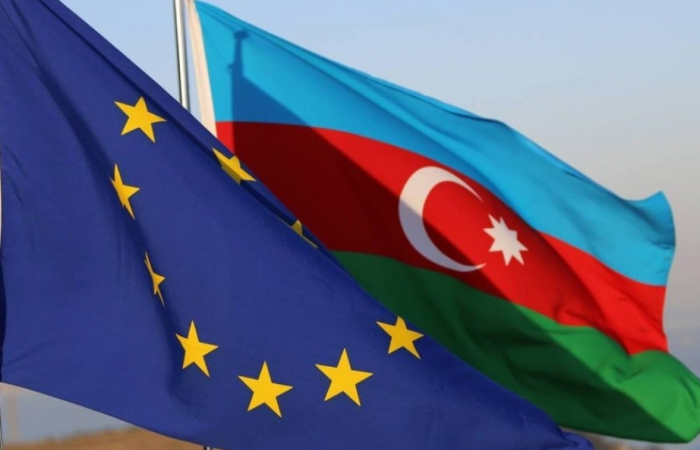Trending
Controlling the narrative
19 May 2025
Donald Trump’s second presidency in the United States has been marked by a series of outrageous statements and actions that have gripped world attention. Some, like the demand that Canada becomes the 51st state, will never happen, others, like the threat to invade Greenland, are unlikely to happen and, on some, President Trump will change his mind, as he often does. Regardless, they provide a distraction to other acts that, whilst equally outrageous, received less attention, even if they form part of Trump’s core strategy. In this category, one can put the dismissal of Carla Hayden as the Librarian of Congress and Colleen Shogan as Archivist of the United States. Their replacement with Trump loyalists is a signal of Trump’s determination to control the narrative about his presidency, define what is truth and what is a lie, and make sure future generations will depend on a doctored history.





